Netflix proved our saviour from years of bad Spanish TV – the result of a masochistic belief that denying ourselves British TV was part of embracing the local culture. Maybe our reasoning was sound, but after a decade of being subjected to programmes featuring lots of people talking at once that lasted all night, we were totally lost in a cultural wilderness. I’m not saying British TV is all things wonderful, but Spanish TV can be like one of those movies which is so bad it’s good. I have, at least, acquired a bulging bag of illustrative anecdotes as a result – the New Year fiasco of a few years ago, when national TV coverage switched to adverts just as the bells start pealing, being a classic example.
As well as satisfying our cultural thirst with quality TV series, Netflix gave us the the power to choose the less demanding TV programmes we want to see… like Escape to the Continent.
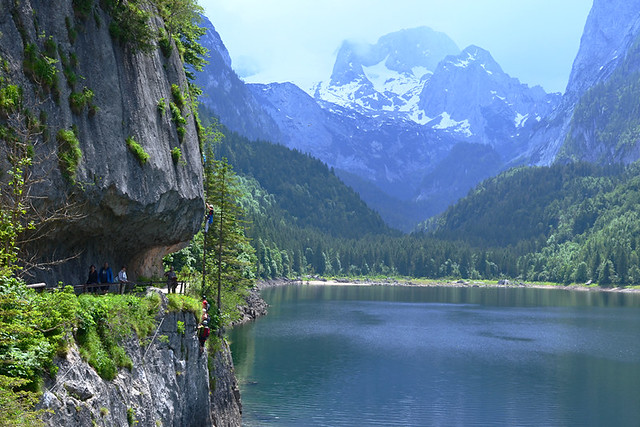
One of the first things that fascinated us with the programme was just how many travel writing cliches they notch up in each programme – you’d never get away with all those ‘hidden gems’ and ‘majestic mountains’ in print. But travel writing quibbles aside, we’re hooked on peaking into tempting abodes in countries around Europe. Once it might have been, like many viewers, to dream. Now there’s more of a ‘let’s see where has potential to be next for us’ reasoning behind watching the series. From that position, combined with what we now know about living abroad, there are often a lot of important points the programme either flits past or ignores completely.
These are some of the important aspects of living abroad we’d want to know the answers to about any potential destination.
Aesthetics
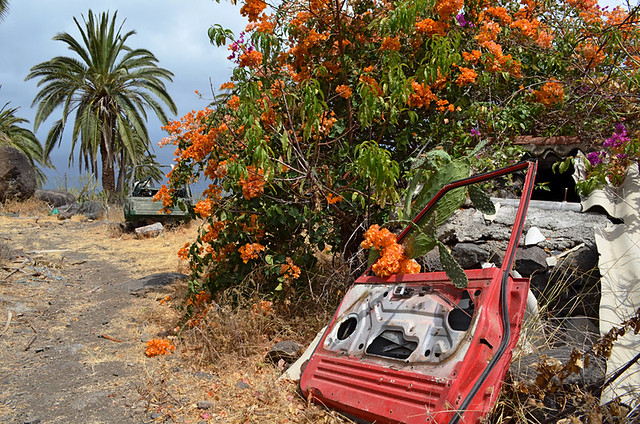
It’s one thing having dreamy views outside your window, but what are the immediate surroundings like? There are some locations where everything is immaculate – I’m thinking the likes of Greek Villages where even geraniums tumbling over rusty old olive oil cans look great. But then there are other locations where not of lot of effort goes into making outdoor spaces pretty. The Canary Islands have beautiful scenery, but there’s a lack of aesthetics in the way some agricultural outhouses are put together – all wire mesh and corrugated iron – and some ravines near towns are used as builder’s dumping grounds. If possible, find out what the area is like both day and night as far as noise is concerned. In one place we stayed it was quiet at night but during the day, when the neighbours were at work, the dog howled continuously.
Nearest town/village
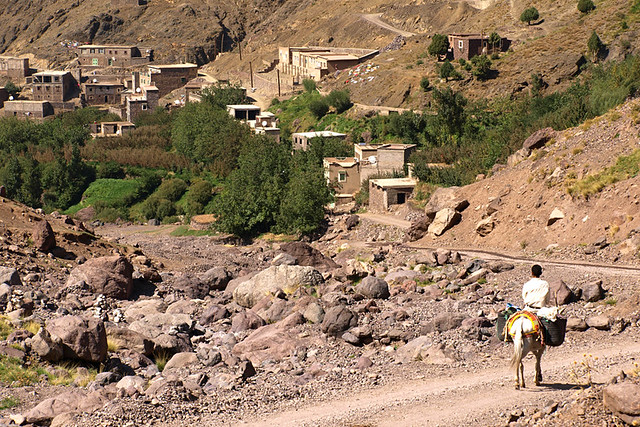
A fact of life is sometimes you run out of essentials and having a town/village nearby with at least one grocery type shop is a lifesaver. We normally get through around 18 litres of drinking water a week (if we’re working at home). When temps shot up to 40C+ recently our weekly supply was gone in three days. Fifteen minutes walk away is a tiny supermarket/bakery/post office. Without that it would have meant taking time out to drive further, but not too far as we like to be based close to decent/sized centres. For a friend it would be around a 40 minute drive… if she didn’t have spring water coming from her taps.
Shops and facilities
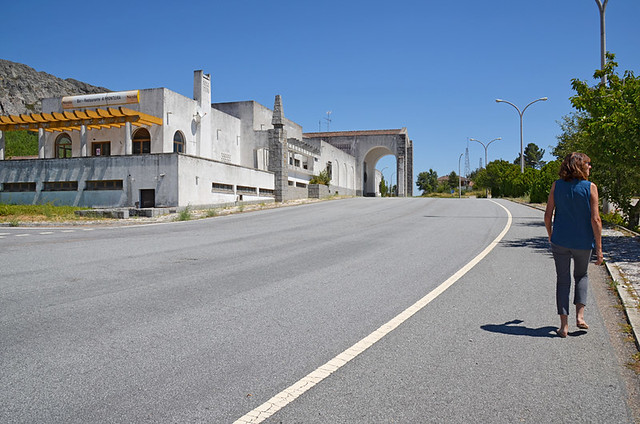
What shops are within a reasonable distance is also a vitally important factor. It’s one thing being on holiday and driving out a decent distance to the nearest supermarket to stock up on local goodies for a week or two. I’s another thing when you stay long term in a place and need to replace appliances, kitchenware, buy clothes, presents, go to the bank or post office, get your hair cut… all the things which are part of living and working anywhere. Remote beauty is seductive, but can feel shackling to us when going shopping involves planning an expedition. Similarly, where’s the nearest doctor, pharmacy, dentist… IT techie who can save the day when your laptop goes on strike?
TV, phone and internet

Is there a phone line? What’s the ADSL speed really like in the area? Again, vital things to know in advance if being connected is important. After painfully slow ADSL on Tenerife we were expecting great things from being based not far from Lisbon. Our package promised 60mbps, what we are actually getting at the moment is under 15kbps. A house we rented on Tenerife whilst we were looking for somewhere to buy was in the centre of Puerto de la Cruz, but didn’t have a phone line. The shenanigans of getting one put were such it’ll fill a chapter in the book… when we get around to writing it. Never take it for granted there will be a phone line or internet. And as for TV? Read the opening paragraph and take heed.
The post
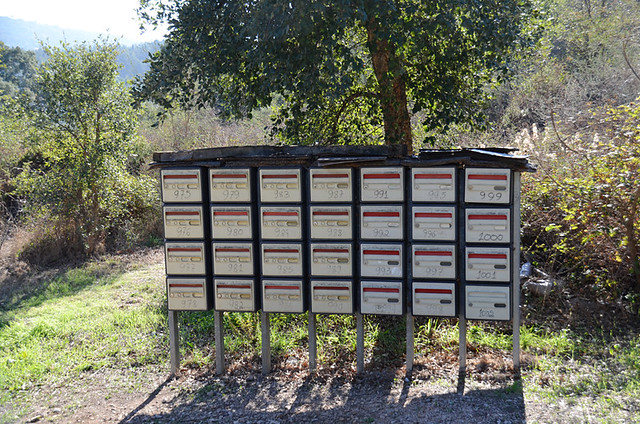
Postal deliveries are something we took for granted, until we bought a house which wasn’t on a road. S/n (without a number) is common in the Canary Island, so apartados (boxes in the local post office) are a way to get around this, but as couriers don’t deliver to apartados online purchases can be problematic. Similarly, in many parts of Portugal you’ll see a bank of postal boxes on country roads. No problem for everyday deliveries but, again, problematic if delivery is by anyone other than the post office. Always check what postal arrangements are.
Restaurants and bars
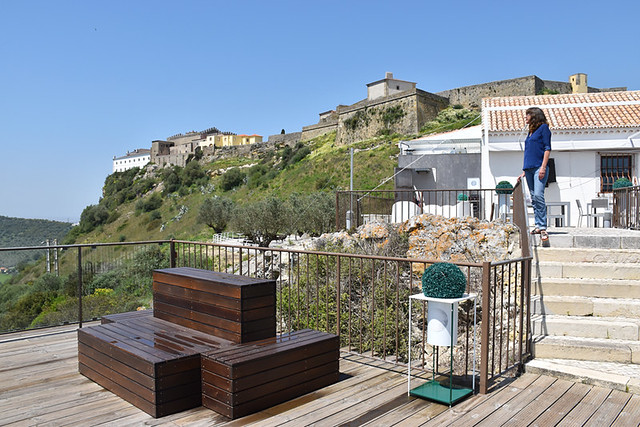
Maybe not important for everyone but we like to be near a centre where there’s a decent and diverse choice of restaurants and a good cultural scene, so the potential for lots of interesting leisure activities.
Transport links
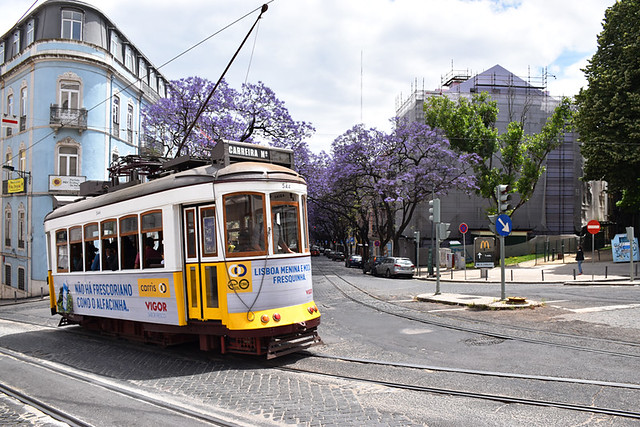
One of the funny things about living in a ‘dream’ destination is that people can express surprise when you talk about needing a change of scene. But, most people have to travel for one reason or another. We travel a lot with our work, so good transport links make life a lot easier. When staying in remote Alentejo it was an hour and a half drive to the nearest train station. Now it’s ten minutes. That difference makes travel a far more relaxing experience.
Language
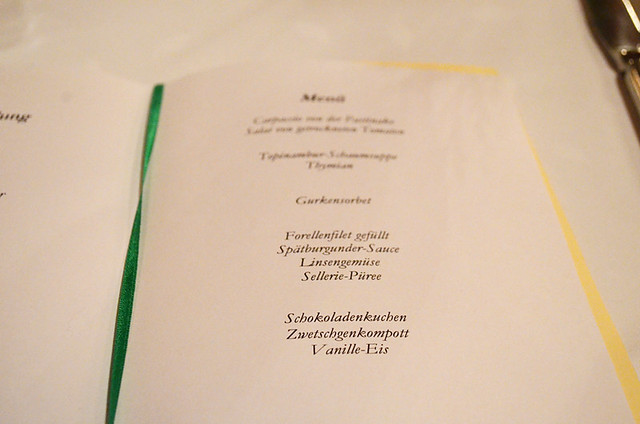
Escape to the Continent usually does reference the need to be able to speak at least some words of the local language. We’d reiterate that. As well as showing willingness to integrate, it’s a valuable key for unlocking experiences you wouldn’t otherwise have. People treat you differently everywhere once you show a willingness to try to communicate.
Weather
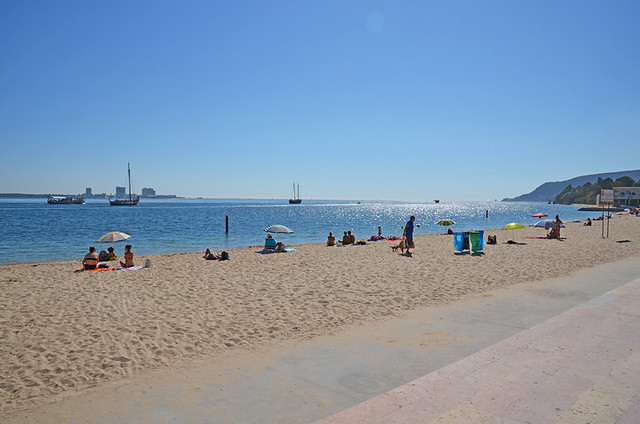
And then there’s the weather, possibly the greatest motivator for upping sticks and diving into a destination where just about everything you’re used to is different. Make sure you research what the weather is really like all during every season, and whether places are seasonal or not. Finding the truth isn’t always easy. I remember someone who moved to the south of Tenerife having an online meltdown after three months of not great weather as they’d been led to believe the weather varied little throughout the year – thinking it was nearly always blue skies, dry and very warm… which is what they’d mainly experienced on holiday.




Be the first to comment